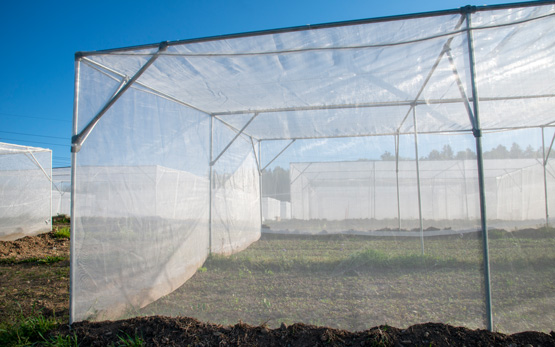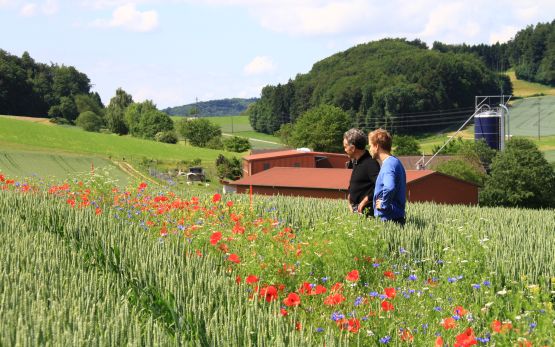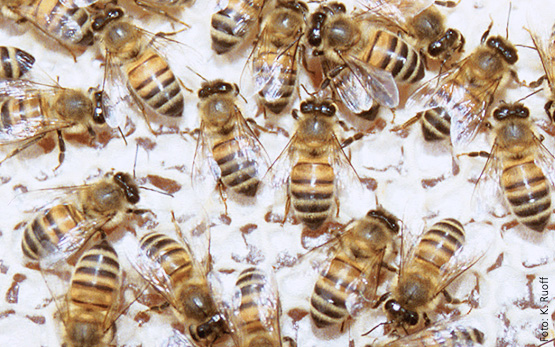Honey bees, wild bees and other insect pollinators play a crucial role in agricultural ecosystems. Pollinators help to improve the yields of around 75% of the world’s most important agricultural crops. The estimated annual value of these pollination services is in excess of EUR 153 million. In addition, approx. 80% of wild plants are dependent upon, or at the least benefit from, pollination by insect pollinators. Wild bees and other pollinating insects such as hoverflies and other fly families, as well as butterflies, are highly diverse and species-rich groups of organisms which therefore make a substantial contribution to the high biodiversity of agricultural landscapes. Wild bees in particular are dependent upon linked habitats that are rich in flowers and microstructures, making them good indicators for the state of biodiversity in agricultural landscapes. Because of these relatively high habitat requirements, as well as possible contamination from pesticides and other stress factors, however, many wild bees and other insect pollinators in high-input agricultural landscapes are at risk.
We investigate the effects of the interaction of various threats of this sort on wild bees and other pollinators, how these effects impact the provision of pollination services for agricultural crops, and what measures can be taken to support pollinators and pollination services effectively in agricultural ecosystems.
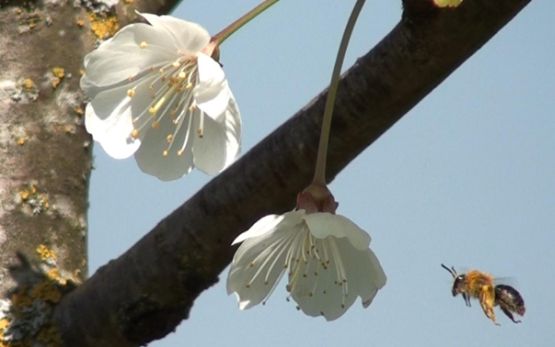
Contact
News
Video PoshBee
Media (in German)
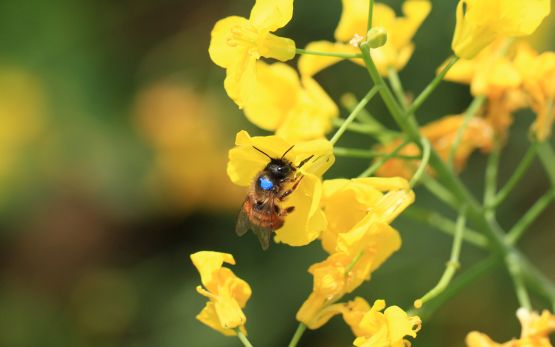
Schweiz aktuell, 30.5.2017: Wildbienen fördern mit Hightech-Drohnen
Die Honigbiene ist unter Druck. Jeden Winter sterben tausende Völker. Um Engpässe bei der Bestäubung zu verhindern, könnten die robusteren Wildbienen helfen. Fachleute setzen auf den Einsatz einer High-Tech-Drohne, um den Fortbestand der Wildbienen in Zukunft besser zu fördern.
Flowering Habitats
Other Projects in the Subject Area


